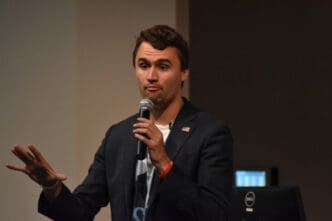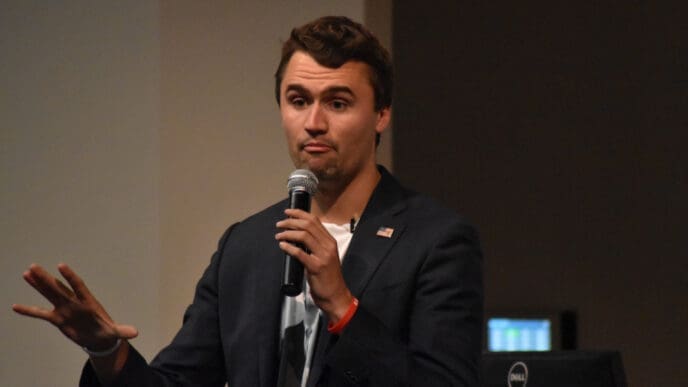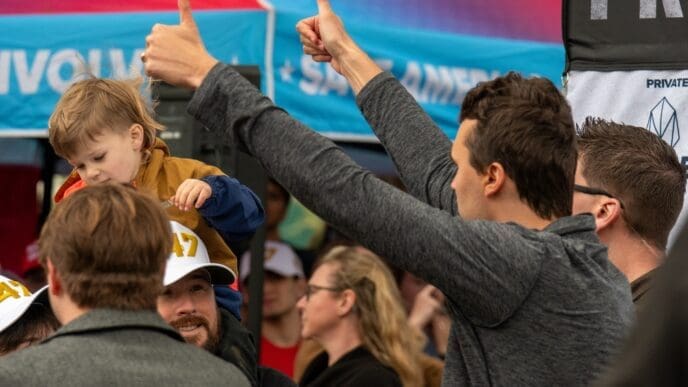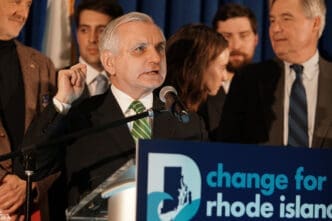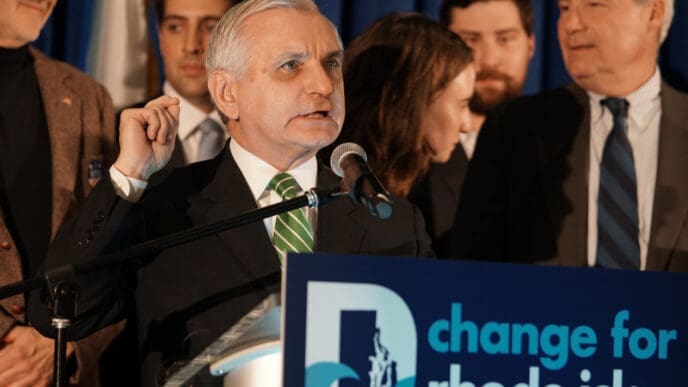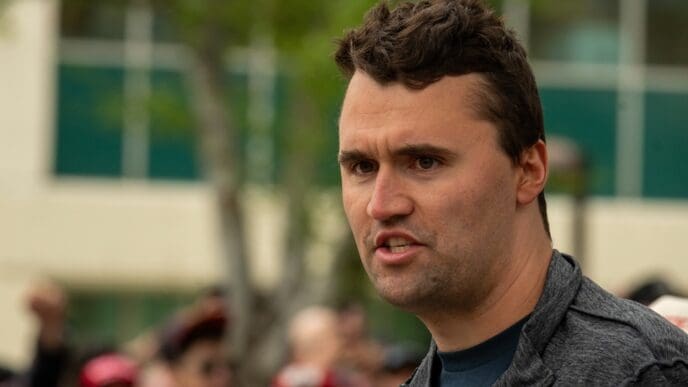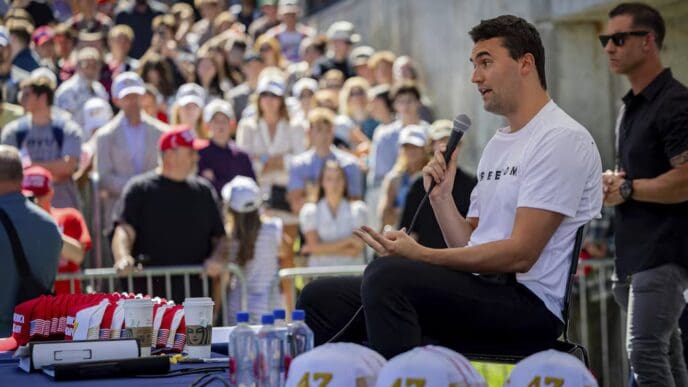Executive Summary
The Story So Far
Why This Matters
Who Thinks What?
Russia is signaling a deliberate slowdown in peace negotiations for Ukraine, creating a noticeable divergence from President Trump’s stated goal of swiftly ending the conflict. This skepticism from Kremlin officials, particularly Foreign Minister Sergei Lavrov, follows a recent White House summit where President Trump, Ukrainian President Volodymyr Zelensky, and European leaders expressed optimism for a breakthrough.
Lavrov dismissed the White House meeting, where President Trump met with seven foreign leaders and President Zelensky, as a “clumsy attempt” by Europe to sway President Trump’s position. He later stated that any discussions of security guarantees for Kyiv, a point President Trump said Russian President Vladimir Putin had raised during their meeting in Alaska last week, would be a “road to nowhere” without Moscow’s direct involvement.
Despite the White House walking away from its meetings with President Zelensky and European leaders with a sense of optimism that a peace agreement was within reach, the Russian stance has raised concerns. President Trump, President Zelensky, and the Europeans had lamented that they were finally seeing the first opportunity since the war began to bring an end to the bloodshed, but Moscow appears to be undercutting key points of such progress.
Michael Rubin, a senior fellow with the conservative Washington think tank the American Enterprise Institute, highlighted the growing “daylight” between the United States and Russia. He suggested that President Trump, who views “shifting goalposts” as his exclusive right, might react negatively if President Putin appears to be doing the same, potentially causing one of Trump’s “infamous U-turns.”
President Trump had welcomed the White House meeting and announced he had initiated the process for a direct meeting between President Putin and President Zelensky, which would be their first in-person encounter since the conflict began in 2022. Trump expressed confidence in his own meetings with both leaders, calling them “very successful,” and suggested the two leaders meet without him first to assess their dynamic.
Discussions around potential security guarantees for Ukraine to deter future aggression were a key point at the White House. However, Lavrov reiterated that Russia must be an integral part of any such discussions, calling it a “utopia” and a “road to nowhere” to consider them otherwise.
Amidst these diplomatic exchanges, the conflict continues. President Zelensky posted on the social platform X that Russian strikes overnight Tuesday across Ukraine left more than a dozen people injured and damaged a gas distribution station.
Expert Perspectives on Negotiations
Experts warn that contradictory rhetoric between President Trump and Russian officials threatens to undermine efforts toward ending the war. Charles Kupchan, a senior fellow at the Council on Foreign Relations, noted the difficulty in determining President Putin’s sincerity in negotiations, questioning whether he is negotiating in good faith or “just stringing everybody along.”
Kupchan advised President Trump to “smoke out Putin” by presenting clear terms and forcing a response, urging Trump to “turn up the heat” rather than offering too many concessions upfront. He suggested that meeting President Putin on American soil was a “big carrot” that should have been held in reserve.
This is not the first instance of President Putin appearing to delay peace efforts. Previous instances include President Trump’s earlier suggestions in April that Putin might be “tapping me along,” Putin skipping peace talks in Turkey in May, and missed deadlines in June and July for progress on ending the war. Trump had announced tariffs on India for purchasing Russian oil, set to go into effect this month, but held off on levying additional sanctions on Moscow ahead of his meeting with Putin.
Tina Dolbaia, an associate fellow at the Center for Strategic and International Studies, suggested that the Trump administration possesses tools like deploying additional secondary sanctions on China and other purchasers of Russian oil. She speculated that President Putin might have achieved a temporary reprieve from additional sanctions by meeting with President Trump in Alaska, creating a “diplomatic stalemate.”
Dolbaia also expressed skepticism about President Putin’s commitment to meeting President Zelensky, particularly when it remains unclear what concessions Ukraine is willing to make or what guarantees it is seeking. Despite the complexities, experts like Kupchan credit President Trump for pursuing diplomatic solutions, arguing that the conflict is unlikely to be resolved militarily and that the previous administration made a mistake by not prioritizing diplomacy.
The emerging discord between Moscow’s cautious approach and the U.S. and European push for a swift resolution highlights the persistent challenges in brokering a peace deal for Ukraine, underscoring the need for sustained diplomatic pressure and clarity on negotiating terms.



